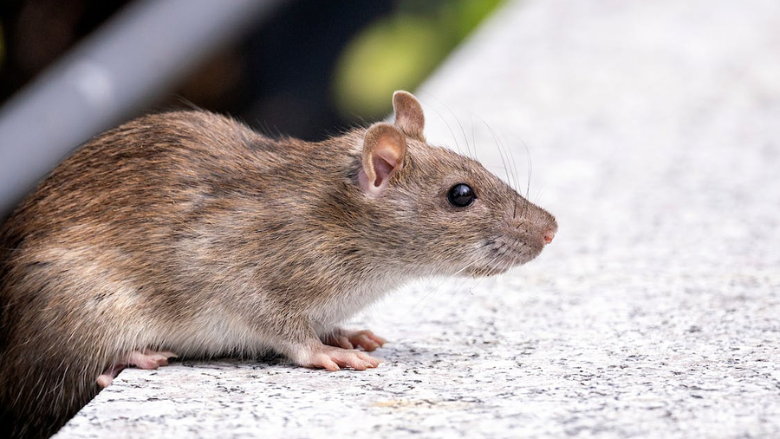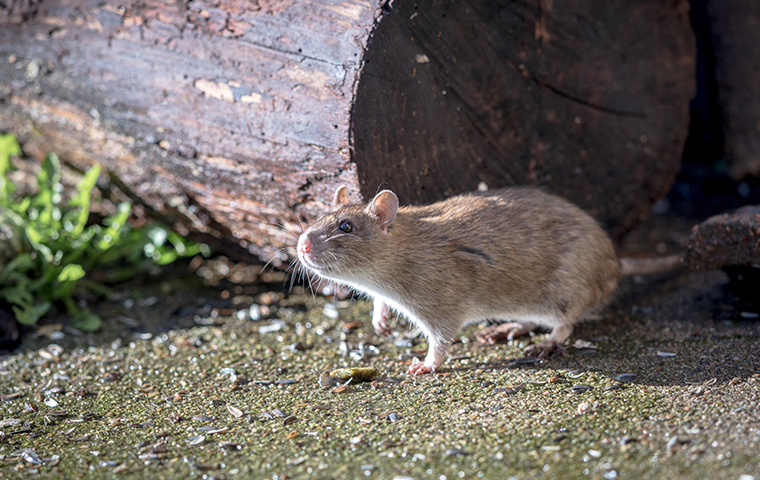In the fast-paced world of food delivery, cloud kitchens have emerged as a revolutionary trend. These commercial spaces, dedicated solely to preparing food for delivery, have transformed the culinary industry. However, with their rise comes an imperative need for rodent detection to ensure safety and hygiene. The presence of rodents can compromise not just the food but the reputation of these kitchens. Implementing effective rodent detection is crucial for maintaining the integrity of cloud kitchens.
Rodent infestations can lead to severe health violations and closures. The challenge is intensified by the nature of cloud kitchens, which often operate in shared spaces or converted warehouses. Thus, understanding the nuances of rodent detection for cloud kitchens is essential for any operator looking to succeed in this industry. With advanced technology and smart solutions, it's now possible to mitigate these risks efficiently.

Why Rodent Detection Matters in Cloud Kitchens
The importance of rodent detection in cloud kitchens cannot be overstated. These kitchens operate under unique conditions that make them susceptible to infestations. Often located in urban centers, they are at a higher risk due to proximity to waste disposal areas and other food establishments. Rodents are not just a nuisance; they pose significant health risks by spreading diseases and contaminating food supplies.
Implementing a robust detection system can prevent potential outbreaks and ensure compliance with health regulations. Regular monitoring and adopting modern pest management technologies can provide early warnings and allow timely interventions. For more insights on using AI in pest management, check out this detailed guide.
Advanced Technologies in Rodent Detection
With the advent of technology, detecting rodents has become more sophisticated and accurate. Cloud kitchens can leverage smart sensors and IoT devices to monitor their premises continuously. These devices can detect the presence of rodents through motion and sound sensors, providing real-time alerts to operators.
Integrating smart pest alert systems offers seamless tracking and management of pest threats. These systems can significantly reduce the response time, minimizing risks and potential damages. Furthermore, data analytics can provide insights into pest behavior patterns, enabling proactive measures to prevent infestations.
Implementing a Comprehensive Pest Management Plan
A successful rodent detection strategy in cloud kitchens involves a multi-faceted approach. It begins with a thorough assessment of the kitchen's environment to identify potential risk areas and entry points for rodents. Regular inspections and monitoring are crucial components of this strategy.
Using smart technology for pest management can enhance the effectiveness of these efforts. Additionally, educating staff about proper hygiene practices and waste management can contribute significantly to preventing infestations. For detailed information on managing pests in food facilities, refer to this comprehensive guide.
Challenges in Rodent Detection for Cloud Kitchens
Despite advancements in technology, challenges remain in implementing rodent detection systems in cloud kitchens. The dynamic nature of these kitchens, with frequent layout changes and high turnover rates, can complicate detection efforts. Moreover, the initial investment in advanced technology can be a deterrent for some operators.
However, the long-term benefits of investing in rodent detection far outweigh the costs. Ensuring food safety and compliance with health standards can protect both the business and its customers. By adopting a proactive approach, cloud kitchens can maintain their reputation and continue to thrive in the competitive food delivery market.

FAQ Section
How can cloud kitchens prevent rodent infestations?
Cloud kitchens can prevent rodent infestations by implementing regular inspections, using advanced detection technologies, and educating staff on hygiene practices. Proper waste management and maintenance of kitchen infrastructure are also crucial.
What technologies are used for rodent detection?
Modern rodent detection technologies include smart sensors, IoT devices, and data analytics. These tools provide real-time monitoring and alerts, allowing for quick response and prevention of infestations.
Are rodent detection systems cost-effective for cloud kitchens?
While there may be an initial investment, rodent detection systems are cost-effective in the long run. They help prevent costly health violations and reputational damage, ensuring the sustainability of cloud kitchens.
This article contains affiliate links. We may earn a commission at no extra cost to you.
